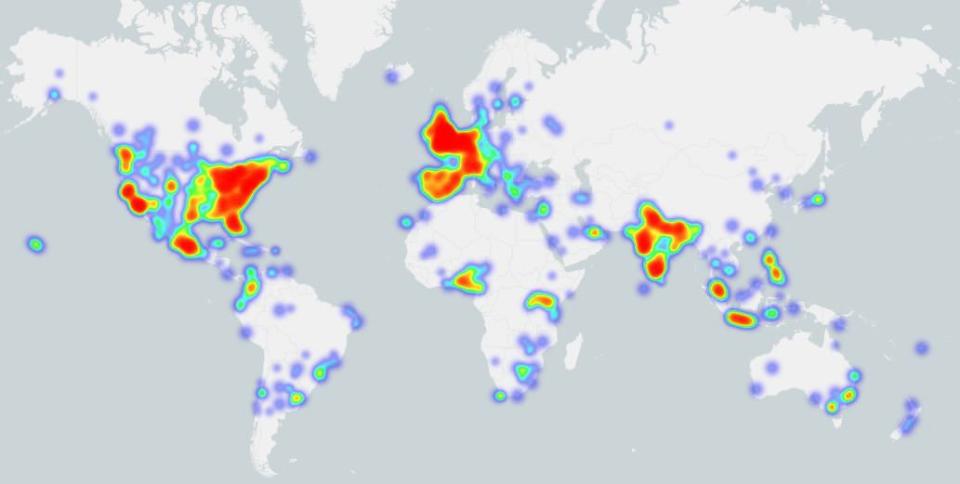The single best thing to do to help the planet

Recycling, walking instead of driving your car and completely turning off equipment like televisions when not in use, are all ways to lessen your impact on the environment.
But according to a new comprehensive study, the single best thing you can do to for the planet is to eliminate meat and dairy from your diet.
Published in the journal Science, the research by Oxford University and Swiss agricultural research institute, Agroscope, reveals the environmental cost of food by analysing the impact of nearly 40,000 farms, and 1,600 processors, packaging types, and retailers.
Examining the impact of different production practices and geographies across 119 different countries, the scientists created a comprehensive database of the effect of 40 major foods on the planet.
The production of different foods was eco-rated based on greenhouse gas emissions, acidification, eutrophication and land use.
The results of the study suggest a need for new technology to monitor agriculture, which can record information on inputs, outputs, climate, and soil, to quantify environmental impacts, and better food labelling to highlight the eco-credentials of products.
What's the beef? - Environmental impact of different foods and farming methods - huge variation across systems but beef & dairy typically have shockingly high impact compared with vegetable-based protein sources @OxZooDept @sciencemagazine https://t.co/ocr51ARGMV pic.twitter.com/87RB6j9j6q
- Ian Owens (@ipfo) May 31, 2018
“Two things that look the same in the shops can have extremely different impacts on the planet,” said Joseph Poore from the Department of Zoology and the School of Geography and Environment at Oxford University.
“We currently don’t know this when we make choices about what to eat. Further, this variability isn’t fully reflected in strategies and policy aimed at reducing the impacts of farmers.
"Agriculture is characterised by millions of diverse producers. This diversity creates the variation in environmental impact. It also makes finding solutions to these environmental issues challenging.”
Beef is the worst culprit, with high-impact beef producers creating 105kg of CO2 equivalents and using 370 sq m of land per 100 grams of protein. This is a massive increase of 12 and 50 times greater than low-impact beef farmers.

The research posits that diets free from animal products deliver greater environmental benefits than purchasing sustainable meat or dairy. So a plant-based diet is best, including low-impact beans and peas, which create very little CO2 emissions in their production.
Specifically, plant-based diets reduce food’s emissions by up to 73% depending where you live. We would also need 3.1 billion hectares (76%) less farmland.
On the other hand, reducing consumption of animal products by 50% by avoiding the highest-impact producers achieves 73% of the plant-based diet’s greenhouse gas emission reduction.
If you find the idea of completely cutting out meat too difficult, then there are always ways you can eat the food more sustainably, such as choosing ethical producers and avoiding processed meats.
Aside from eliminating or reducing your consumption of meat and dairy, helping stop plastic pollution is also key in protecting the health of our planet.
The experts at thunderbombsurf.com created a heat map to delineate where people are most talking about the problem of plastic pollution via Twitter. Based on viral hashtags in the last month, such as #plasticorplanet, #beatplasticpollution, and more, here is the map.

The top 10 countries most talking about plastic pollution
1. Kenya
2. India
3. Tanzania
4. Belgium
5. UK
6. Australia
7. Denmark
8. Switzerland
9. Bangladesh
10. Canada
You Might Also Like


